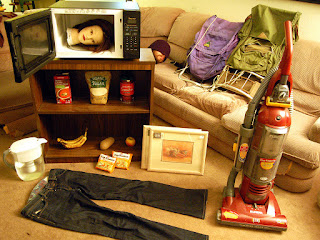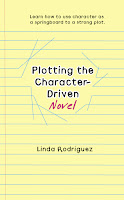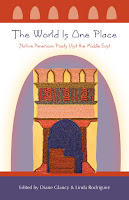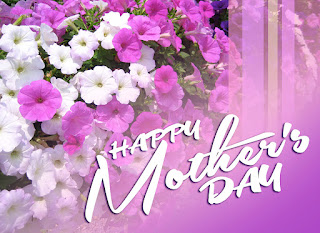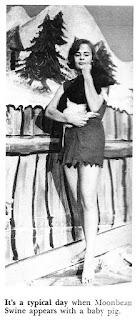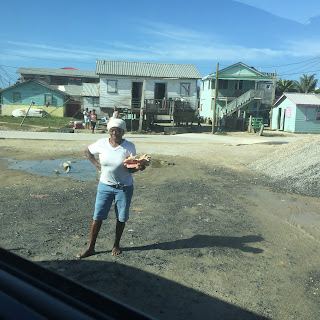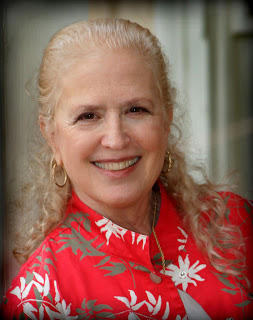The War Against Women That No One Wants to Admit–and a Poem
Trigger Warnings for child molestation and abuse and for sexual assault and domestic violence.
Whenever I read this poem in public, I preface it with a statement that there is a war against women taking place, followed by the current statistics on sexual assault, rape, physical assault, and murder, statistics that have risen every time I check them again and which are always worse for women of color and Native women. I don’t read this poem in public much, however, because it makes men uncomfortable–they shift in their seats visibly–and it brings so many women up to me afterward in tears to say that this poem was about their own lives. I have begun to feel that I should provide a therapist to the audience before I read it.
As we live through the nightmare created when Rowe v Wade was cast down by the Supreme Court, however, this poem feels appropriate. This is, ultimately, what patriarchy comes down to–women and girls at the mercy of men hurting them, simply because they can. We can always hope that they won’t–and not all of them do–but ultimately, they can. And they can get away with it over and over again, while women who try to keep them from getting away with it suffer and pay a huge price. Nothing there has really changed since I was a girl, except that women are generally less and less inclined to go quietly along. Our rage has grown too great. Though things were supposed to have changed, our current situation has shown us that they haven’t. But they will. They must.
P.O.W.
Before I fall into the past,
I drive to the library,
thumb open a book
about the death of a child
in Greenwich Village and
plunge
back
in
time
to trash-filled rooms smelling
of milk, urine, beer and blood,
doors locked and curtains drawn
against the world,
dirty baby brother caged in a playpen,
mother nursing broken nose,
split lip, overflowing ashtray,
and father filling the room to the ceiling,
shouting drunken songs and threats
before whom I tremble and dance,
wobbly diversion, to keep away
the sound of fist against face,
bone against wall.
The book never shows
the other little brothers and sister hiding
around corners and under covers,
but I know they are there
and dance faster,
sing the songs that give him pleasure,
pay the price for their sleep
later, his hand pinching flat nipples,
thrusting between schoolgirl thighs,
as dangerous to please as to anger
the giant who holds the keys
to our family prison. Mother
has no way to keep him from me,
but I can do it for her and them.
Locked by these pages
behind enemy lines again
where I plan futile sabotage
and murder every night,
nine-year-old underground,
I read the end.
Suddenly defiant, attacked,
slammed into a wall,
sliding into coma, death
after the allies arrive,
too late, in clean uniforms so like his own
to shake their heads at the smell and mess—
the end I almost believe,
the end that chance keeps at bay
long enough for me to grow and flee,
my nightmare alive on the page.
Freed too late,
I close the book,
two hours vanished,
stand and try to walk
to the front door on uncertain legs
as if nothing were wrong.
No one must know.
I look at those around me
without seeming to,
an old skill,
making sure no one can tell.
Panic pushes me to the car
where the back window reflects
a woman, the unbruised kind.
In the space of three quick breaths
I recognize myself,
slam back into adult body and life,
drive home repeating a mantra,
“Ben will never hurt me–
All men are not violent,”
reminding myself to believe the first,
to hope for the last.
II
Years later, my little sister will sleep,
pregnant, knife under her pillow,
two stepdaughters huddled
at the foot of her bed,
in case her husband
breaks through the door
again. Finally,
she escapes
with just the baby.
My daughter calls collect
from a pay phone on a New Hampshire street.
She’ll stay in a shelter for battered women,
be thrown against the wall
returning to pack
for the trip back to Missouri,
a week before her second anniversary.
With her father and brother,
the trip home will take three days,
and she will call for me again.
Ana and Kay, who sat in my classes,
Vicky, who exchanged toddlers with me once a week,
Pat and Karen, who shared my work,
and two Nancys I have known,
among others too many to count,
hide marks on their bodies and memories,
while at the campus women’s center
where I plan programs for women students
on professional advancement
and how to have it all,
the phone rings every week with calls we forward
to safe houses and shelters.
In my adult life, I’ve suffered no man
to touch me in anger,
but I sleep light.
Published in Heart’s Migration (Tia Chucha Press, 2009)
 Linda Rodriguez’s 13th book, Unpapered: Writers Consider Native American Identity and Cultural Belonging, will publish in May 2023. She also edited Woven Voices: 3 Generations of Puertorriqueña Poets Look at Their American Lives, The World Is One Place: Native American Poets Visit the Middle East, The Fish That Got Away: The Sixth Guppy Anthology, Fishy Business: The Fifth Guppy Anthology, and other anthologies.
Linda Rodriguez’s 13th book, Unpapered: Writers Consider Native American Identity and Cultural Belonging, will publish in May 2023. She also edited Woven Voices: 3 Generations of Puertorriqueña Poets Look at Their American Lives, The World Is One Place: Native American Poets Visit the Middle East, The Fish That Got Away: The Sixth Guppy Anthology, Fishy Business: The Fifth Guppy Anthology, and other anthologies.
Dark Sister: Poems was a finalist for the Oklahoma Book Award. Her three earlier Skeet Bannion mystery novels—Every Hidden Fear, Every Broken Trust, Every Last Secret—and earlier books of poetry—Skin Hunger and Heart’s Migration—received critical recognition and awards, such as St. Martin’s Press/Malice Domestic Best First Novel, International Latino Book Award, Latina Book Club Best Book of 2014, Midwest Voices & Visions, Elvira Cordero Cisneros Award, Thorpe Menn Award, and Ragdale and Macondo fellowships. She also published Plotting the Character-Driven Novel, based on her popular workshop. Her short story, “The Good Neighbor,” published in Kansas City Noir, was optioned for film.
Rodriguez is past chair of the AWP Indigenous Writer’s Caucus, past president of Border Crimes chapter of Sisters in Crime, founding board member of Latino Writers Collective and The Writers Place, and a member of International Thriller Writers, Native Writers Circle of the Americas, Wordcraft Circle of Native American Writers and Storytellers, and Kansas City Cherokee Community. Learn more about her at http://lindarodriguezwrites.blogspot.com or follow her on Twitter at https://twitter.com/rodriguez_linda or on Mastodon at https://mastodon.social/rodriguez_linda.


